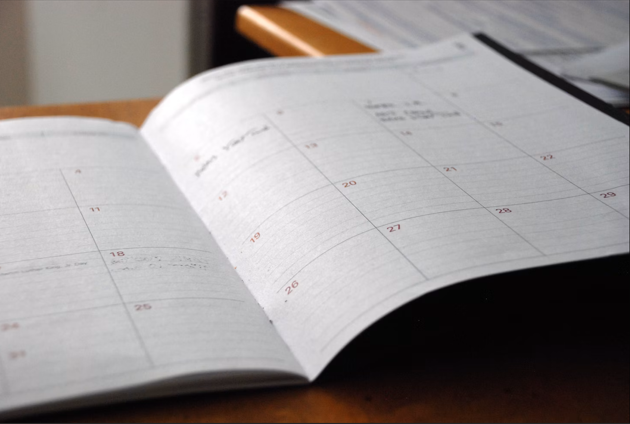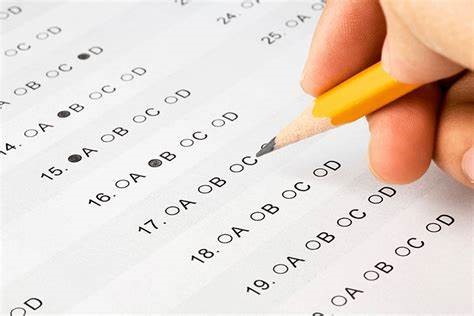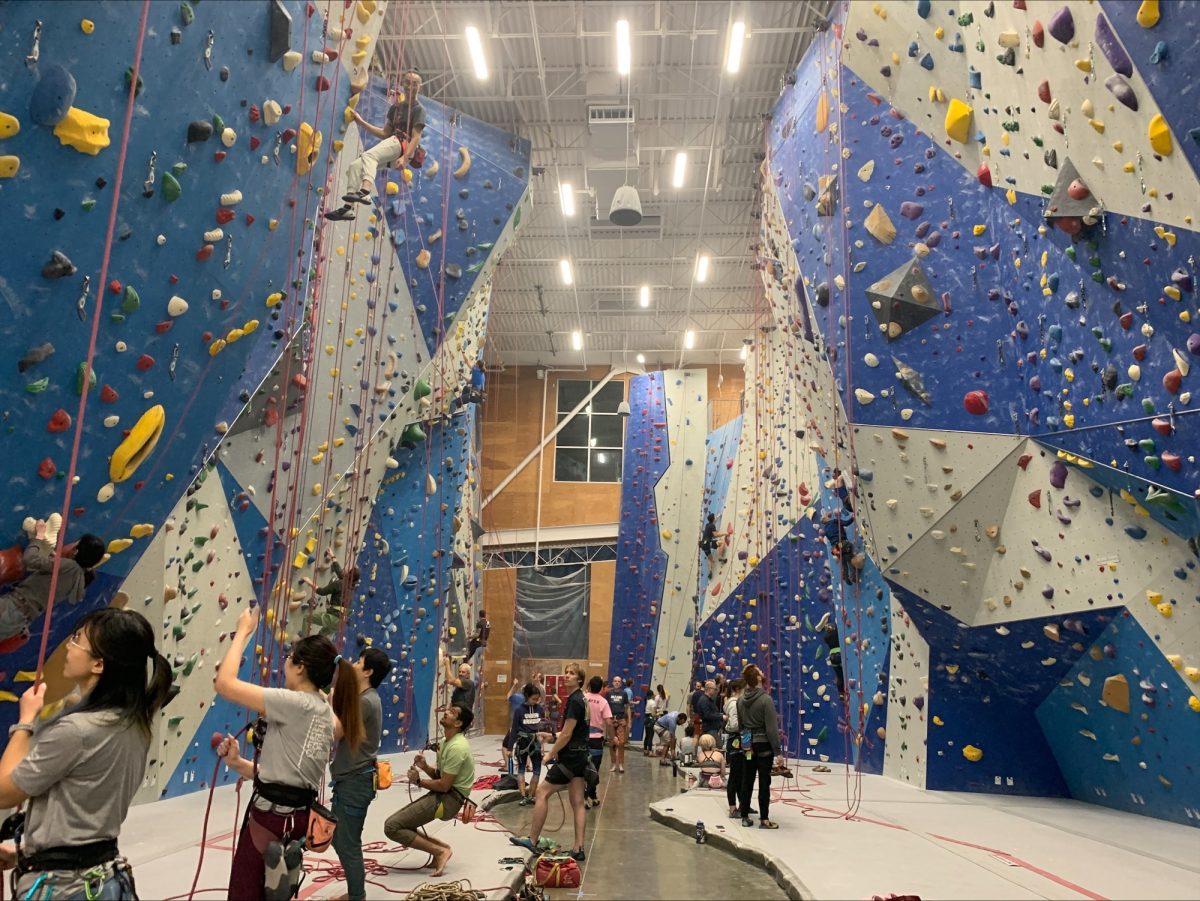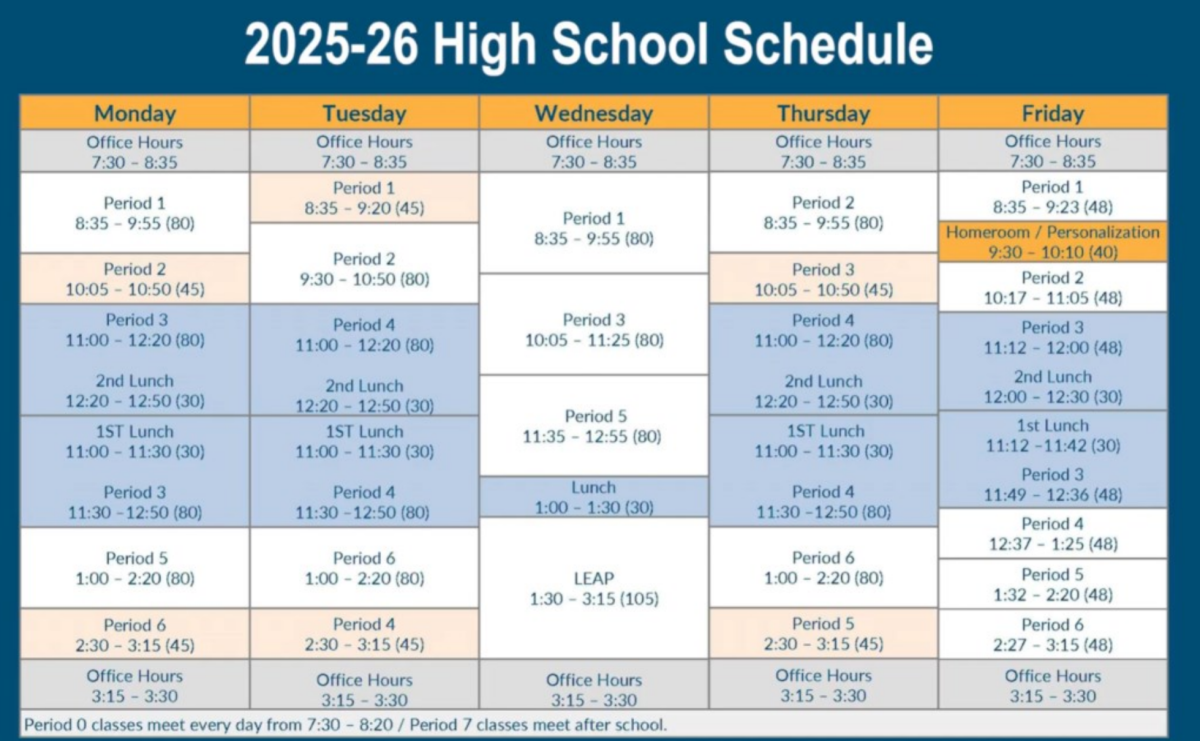April marks the beginning of Spring and the start of AP season. Thousands of students are preparing to take AP exams this May, hoping to earn college credit for their classes. This is a chance for many to demonstrate the knowledge they have learned over the course of the school year. With AP exams just a few weeks away, many students are beginning to review course content to prepare for the AP exam. If you’re wondering how to start studying, here are some suggestions to help you prepare for AP exams.
Humanities-Based AP Classes
Humanities-based AP classes, such as AP World History, often cover a lot of content across multiple time periods. Studying for these exams can feel overwhelming, but there are many strategies to help make the process easier.
Before studying, make a study plan of all the units and content you need to review. Don’t schedule your review time for one day but try to spread out your study sessions every two days for a week to ensure you don’t feel overwhelmed, and there is more time to become familiar with the content.
Begin by studying your notes, reviewing readings, and looking at your past test scores in your class. After you have reviewed enough content, make sure to practice all the different types of written questions for your class and take practice tests for each unit to ensure your review is effective. Finally, try to schedule a time to take a full-length practice exam for your class to determine how effective your studying has been. Make a list of all the units and content you are less familiar with based on your results and begin studying the topics you struggle the most with.
Math-Based AP Classes
Math-based AP classes, especially AP Calculus AB, usually involve content that builds on itself throughout the year. To study for a math exam, start by going back to units from the beginning of the year and recalling the information you remember. Review your class notes and do practice assignments for topics you are less familiar with.
Because these exams often involve many formulas, theorems, and justifications you’ll need to know for FRQs, make sure to create a study sheet or flashcards that help you review content efficiently. When you have free time, test your memory of these topics to help you remember over time.
Make sure to use all of the resources your teacher provides. Review test scores from this year and make a list of topics you know you struggled with. Also, make sure to practice all the different types of FRQs at least several times, and practice MCQ quizzes. Just like for humanities classes, try to schedule a time to take a full-length practice exam and determine your study progress.
Science-Based AP Classes
For science-based AP classes, it is especially important to ensure you understand the content beyond just memorizing the information. Some effective ways to do this are by summarizing the material from each unit, teaching concepts you are less familiar with to someone else, practicing with past exam questions, and handwriting notes with visual elements to help you recall the content.
If you’re struggling to understand any of the content, remember to use resources such as notes, textbook materials, and online video tutorials. Create study groups and use online resources to review information.
Finally, make sure to practice FRQs and MCQs. Schedule a full-length practice exam and review the information and feedback you can get from your results. Also, seek support from your teacher and other students. They may be struggling with the same concepts you are, and this can be a good opportunity to support each other as you prepare for the exam.
In addition to studying, AP season can also be a stressful experience for many students. During this time, it’s important to prioritize self-care and wellness. Getting enough sleep and prioritizing your nutrition can make a big difference in your ability to study. Spend time relaxing in addition to studying by doing fun activities and taking breaks between study sessions.




























